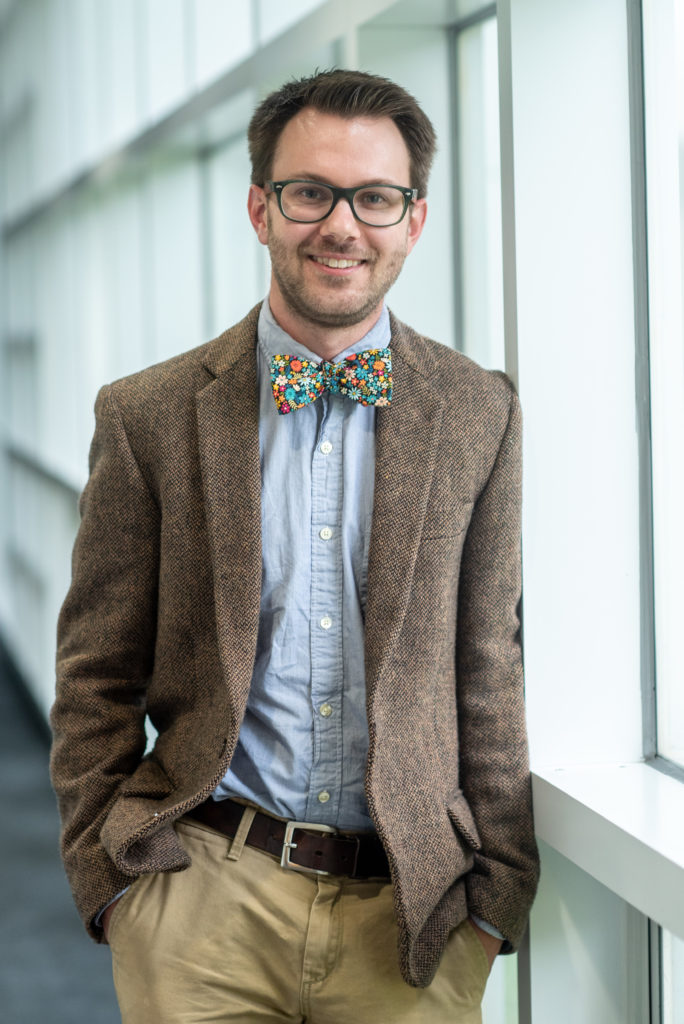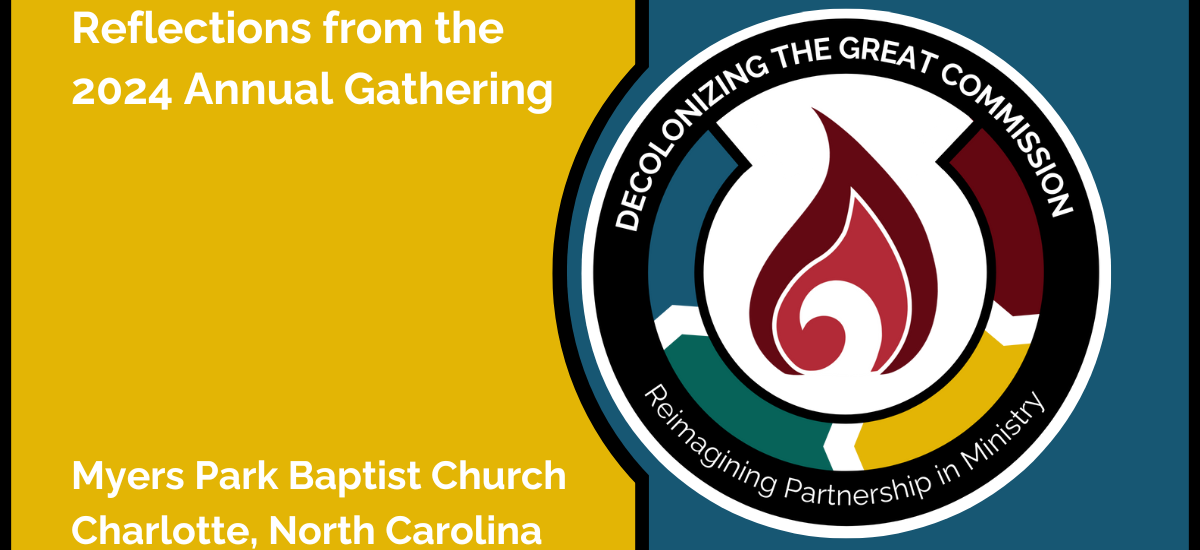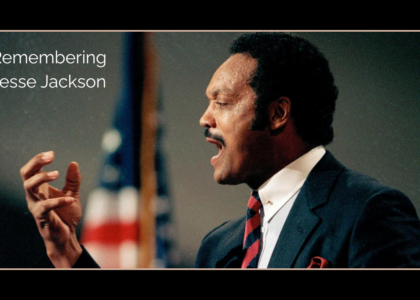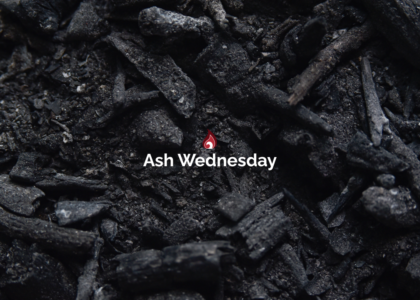By Andrew Gardner and Greg Jarrell
For the Alliance Annual Gathering in Charlotte, we collaborated on a breakout session that brought together a self-identified activist and a self-identified historian to think about what churches and congregations can learn from their histories. Our session provided two different ways for approaching this work stemming from Greg’s book Our Trespasses: White Churches and the Taking of American Neighborhoods (Fortress, 2024) and Andrew’s book Binkley: A Congregational History (Tennessee Press, 2023).
Greg’s examination of the Urban Renewal movement in Charlotte, North Carolina took a bird’s eye view of the city and its religious landscape. He explained how his project into the history of Charlotte’s churches sought to read the map of the city’s built landscape through a theological lens.
Beginning in the 1950s, Charlotte’s leadership—all of them white men, all of them Christian– promoted a plan of urban revitalization that resulted in the destruction of the city’s most prominent Black neighborhood, called Brooklyn. First Baptist Church (FBC) colluded with city leadership to purchase nine acres of what was the Brooklyn neighborhood, becoming downtown Charlotte’s largest private landowner in the process. Their buildings are built on this contested territory, but FBC has written the story of their place out of its recounting of their history.
Greg demonstrated to attendees how the histories of where our churches are placed are not morally neutral. They are rooted in struggles of power and are all-too-often also rooted in white supremacy and racism. Our inability to see these histories limits our ability to see alternative visions of our churches, communities, and cities.
The work of history is never complete. We never reach a moment where our interpretation of the past cannot be reinterpreted or critiqued. We can never fully eliminate our blindspots.
Andrew shared his history of Alliance congregation Binkley Memorial Baptist Church in Chapel Hill, North Carolina, which took a more narrow historical approach. He explained how his project sought to understand how a 1958 church plant of the Southern Baptist Convention became one of Chapel Hill’s most progressive flagship congregations.
Over the course of Binkley’s history, the congregation adopted progressive stances on a variety of socio-political issues. From Civil Rights to Women’s Rights to LGBTQ Rights, Binkley slowly expanded their theological horizons issue by issue. As Binkley entered the twentieth century, their one-issue-at-a-time approach created challenges for the congregation to understand the intersections of these issues.
Andrew argued the history of decision-making processes in local congregations can inhibit churches from thinking about and understanding the relationships between various socio-political issues. The history of addressing these various issues discreetly and in isolation from other socio-political issues creates competition among these issues, leaving those with privilege and power (often white, male, and straight) in control of how churches make decisions.
During conversation, many Alliance members shared stories from their congregations’ histories. Some were in the early stages of unearthing their church’s history and others were further along. As the Alliance continues its antiracism work, it remains important for congregations to interrogate their past so that they can better create more inclusive and just communities today.
The work of history is never complete. We never reach a moment where our interpretation of the past cannot be reinterpreted or critiqued. We can never fully eliminate our blindspots. If your congregation is interested in thinking more about its history, but you remain uncertain about how you might begin this work, let us know how we can be helpful.

Andrew Gardner is a Lecturer of Religious Studies and Philosophy at LaGrange College. He is the author of Reimagining Zion: A History of the Alliance of Baptists (2015) and Binkley: A Congregational History (2023).

Greg Jarrell is an author and musician based in Charlotte, NC. He studies and writes about race, place, and faith, with a particular focus on Urban Renewal. Greg works as a cultural organizer in Charlotte with QC Family Tree. Greg is author of Our Trespasses: White Churches and the Taking of American Neighborhoods, published by Fortress Press (February 2024).





Recent Comments